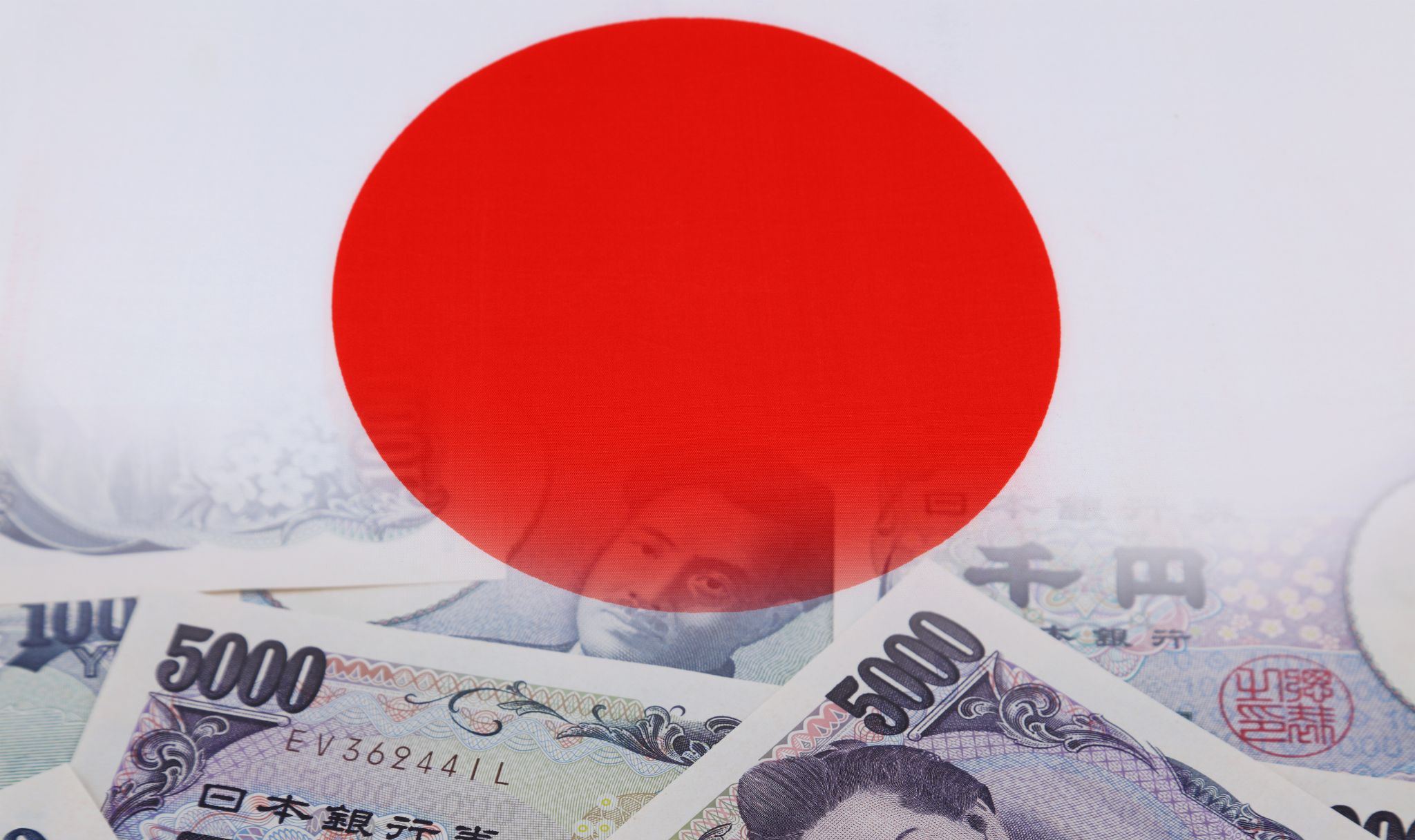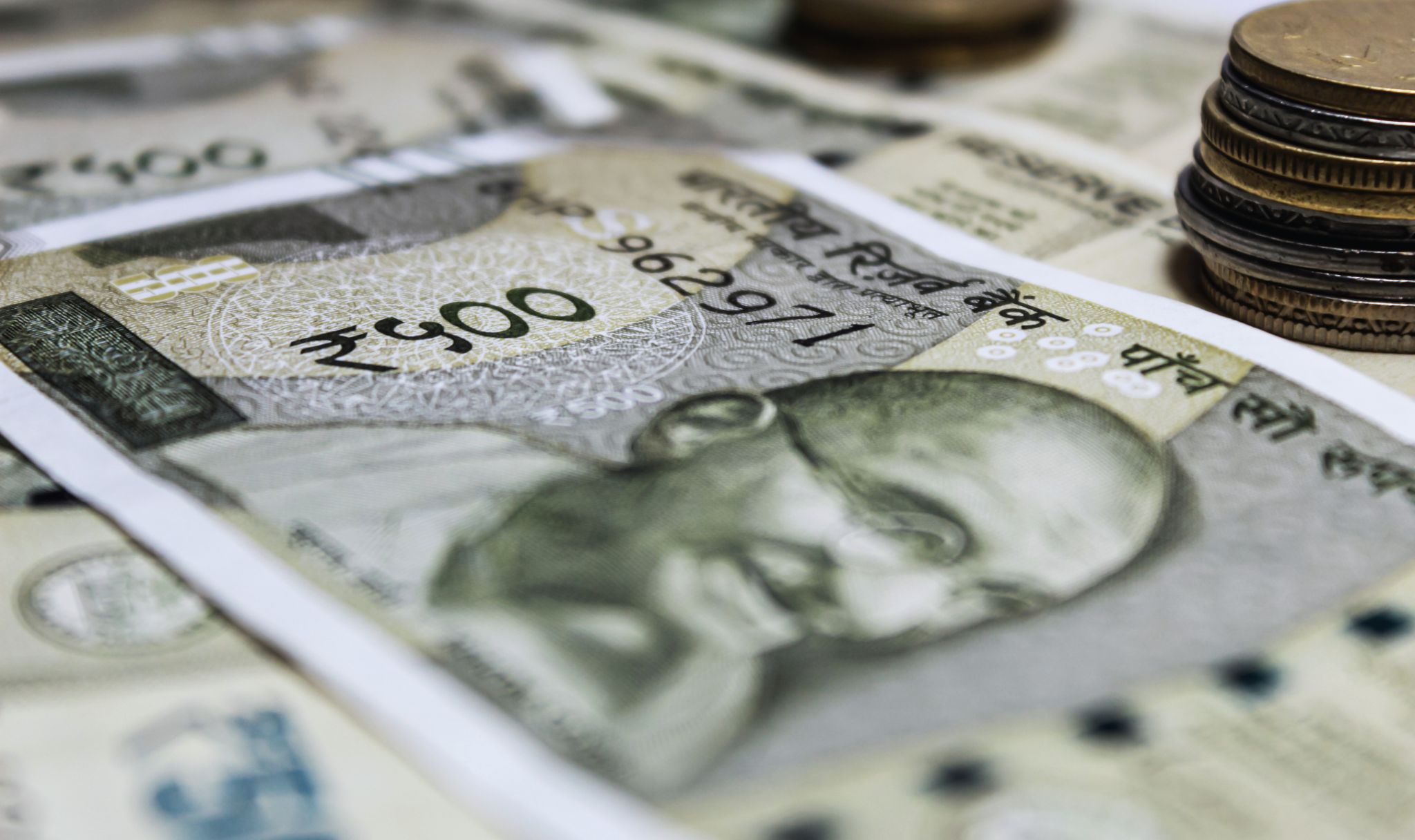The global financial markets recently saw a frenzy sell-off driven by apprehensions over sweeping tariffs by U.S. President Donald Trump that have unsettled investors across the world. The most recent victim of this apprehension has been Japanese banks, whose stocks have seen a major decline due to global economic turmoil. Investors have remained in a high-strung mode as they respond to the widespread global market tumult that has many doubting whether the major global financial institutions would ever regain their stability.
This selloff has not just impacted Japan’s financial markets but has also triggered a ripple effect in global markets, with the U.S. Treasury market strengthening, and gold prices trading at near-record levels. In this blog, we will discuss the major events driving this market selloff, look into how Japanese banks have been particularly hit, and discuss the wider economic implications that are now playing out.
Making Sense of the Global Selloff: A Breakdown of the Causes
To understand why Japan’s financial sector is suffering, it’s essential to first examine the global economic context in which this selloff is occurring. The catalyst for this wave of market unrest is the ongoing trade war between the United States and other global economies, most notably China. President Donald Trump’s decision to impose sweeping tariffs on Chinese goods has sparked retaliatory actions from China, as well as other countries, including Japan.
These tariffs have caused concerns among investors regarding the long-term implications for world trade. The tariffs risk undermining the fragile global supply chain equilibrium, increasing the cost of doing business, and ultimately damaging economic growth. While the near-term impact has been most significant in trade-sensitive industries, the damage has spilled over into wider financial markets, and investor sentiment has quickly turned down.
Japan’s Economic Struggles Amid Trade Tensions
Export-dependent Japan is most exposed to the current trade conflict. The Japanese economy has been one of the greatest beneficiaries of international trade over the past few decades, and any interruption in the international supply chain directly affects Japan’s growth potential.
Kyle Rodda, Capital.com’s Senior Financial Market Analyst, Melbourne, says the trade war has hit Japan’s economy particularly hard. The Japanese economy will slow, Rodda says, as a result of the combination of U.S. tariffs and the resulting appreciation of the Japanese yen. “The trade war has killed Japan’s reflation,” Rodda says, describing Japan’s attempt to gain higher inflation rates to drive domestic demand.
The appreciation of the yen has increased the price of Japanese exports, and further added to the economic problems of the nation. Japanese banks, which play an important role in the economy of the nation, are also bearing the brunt of this uncertainty. Rodda points out that the flattening yield curve of Japan combined with the international trade tensions have contributed to a decline in the profitability of Japanese banks.
The Impact on Japanese Banks
Perhaps the most immediate victim of the selloff across the globe has been the shares of Japanese banks. For years, Japanese banks had been hoping for rate hikes by the Bank of Japan (BOJ) that would improve their profitability. But with the slowdown in the global economy and the recent flattening of the yield curve, those hopes are now being dashed.
Fred Neumann, HSBC Chief Asia Economist, mentions that the island nation is particularly vulnerable to these developments because the economy of the country is dependent on foreign demand for growth. A weaker U.S. dollar along with the specter of a global recession has effectively cut off Japan’s economic prospects. The markets were expecting the BOJ to increase interest rates, but those hopes are now dwindling. Neumann indicates that the likelihood of a rate increase by the BOJ is now much lower, further dampening investor sentiment.
While the world economy struggles to cope with the consequences of a trade war, Japanese banks are increasingly struggling to stay profitable. Sean Taylor, Matthews Asia’s CIO, notes that Japanese banks were once supported by expectations of increased interest rates, but the recent fall in U.S. bond yields and overall global economic situation have changed those expectations. The market now worries that Japanese banks will experience sustained pressure on their margins as the global rate environment continues to be subdued.
Recession Fears and Market Sentiment
The wider market mood is also heavily affected by fear of an eventual global recession. Investors fear that the current trade conflict has the potential to slow global economic expansion, which would adversely impact corporate profits as well as investment returns.
The global selloff has prompted most investors to review their holdings in risk assets, and as a result, demand more safe-haven assets like U.S. Treasuries and gold. Senior Equity Analyst at Morningstar, Michael Makdad, adds that investors are currently in a “binary situation,” where they have to deal with the chances of the U.S. tariffs staying as they are, or the situation becoming better, and then reversing some of the current negative trends in global markets.
As investors withdraw from equities, they are rushing towards the relative security of government bonds and precious metals, further accelerating the fall in stock prices. Jon Withaar, Senior Portfolio Manager at Pictet Asset Management, indicates that the current market volatility is compounded by the increasing probability of a global recession. With the market under growing pressure, he thinks that some sectors—like real estate and construction—may outperform because they have less exposure to tariff-related risks.
Looking Ahead: Potential Solutions and Outlook
Despite the present upheaval, there are possible routes to recovery, especially for the Japanese economy. Neumann is still optimistic that the Bank of Japan can see its way through the crisis. Although the hopes for rate hikes have faded, Japan’s central bank is not idle in guiding the nation’s monetary policy and may implement further measures to help the economy if needed.
In addition, the international situation is not at all stable. A change in U.S. trade policy, augmented by better geopolitical relations, might ease some pressure on the world economy and assuage fears of recession. Nevertheless, until this happens, the prospects are doubtful.
For investors, the major takeaway is the need to adjust to evolving market trends. Withaar underscores the necessity for investors to reposition themselves in industries that are exposed to the trade war as well as look for opportunities in industries that are protected from tariff risks.
Conclusion: Navigating a Tumultuous Global Market
The global selloff triggered by the ongoing trade tensions between the U.S. and its trading partners has had a significant impact on Japanese banks, with their stocks seeing considerable declines. As concerns about a global recession intensify, investors are seeking safety in government bonds and commodities like gold, which are benefiting from the uncertainty in the equity markets.
Japanese banks, buoyed by hope for rate increases, now must deal with reality as a protracted low-rate scenario takes shape. The flattened yield curve and sagging economic outlook are threatening the banks, and the prognosis for their profitability is cloudy. Investors need to maneuver carefully these shifting realities through the process of adjusting portfolios and monitoring world economic events.
Though the situation is still in flux, there is optimism that a resolution of the trade war and dovish monetary policies might help stabilize the world economy. For now, though, markets are unstable, and investors need to be ready for ongoing uncertainty while the world struggles with the economic impact of the current trade war.















0 Comments